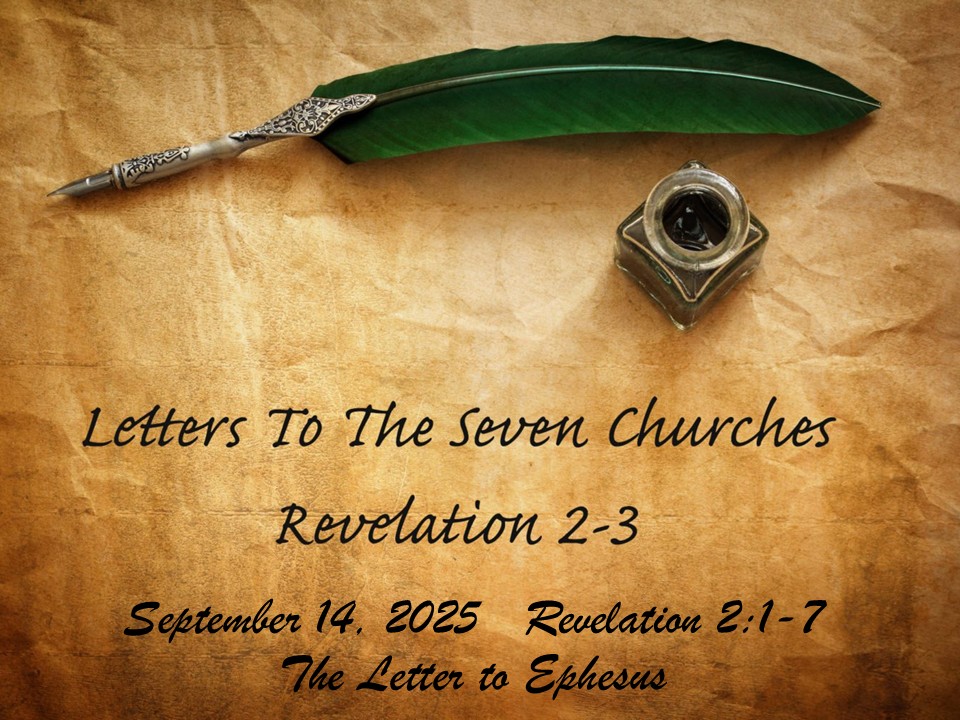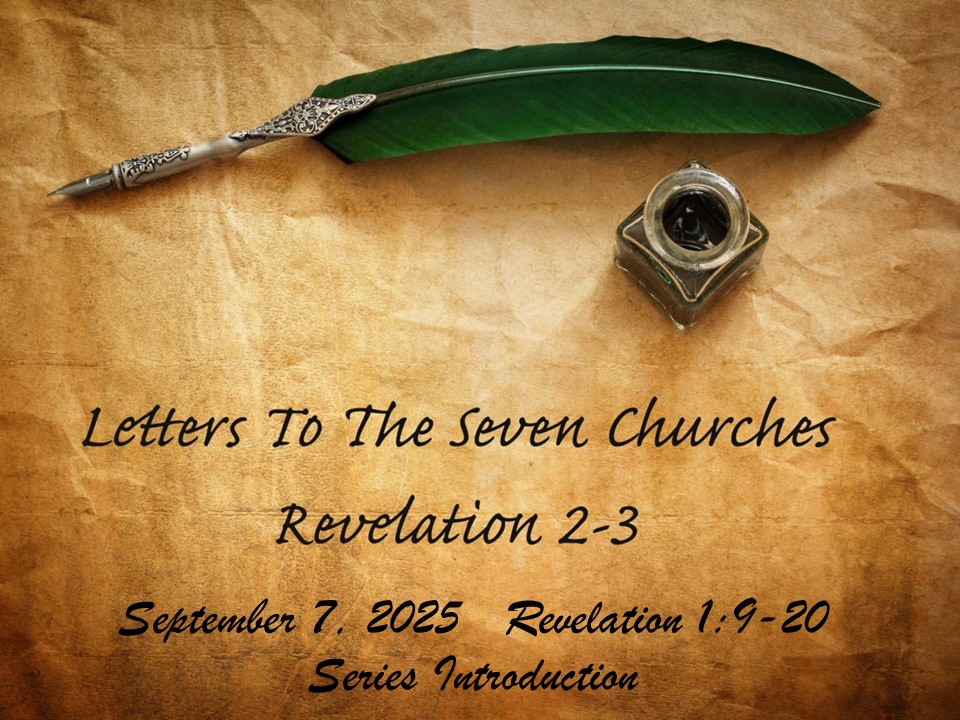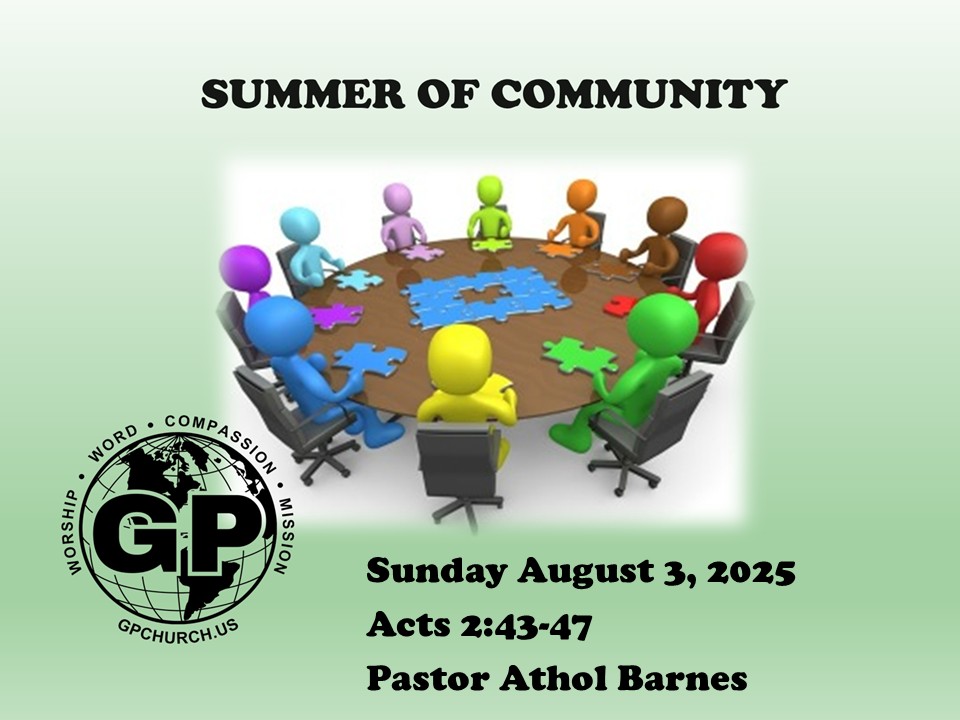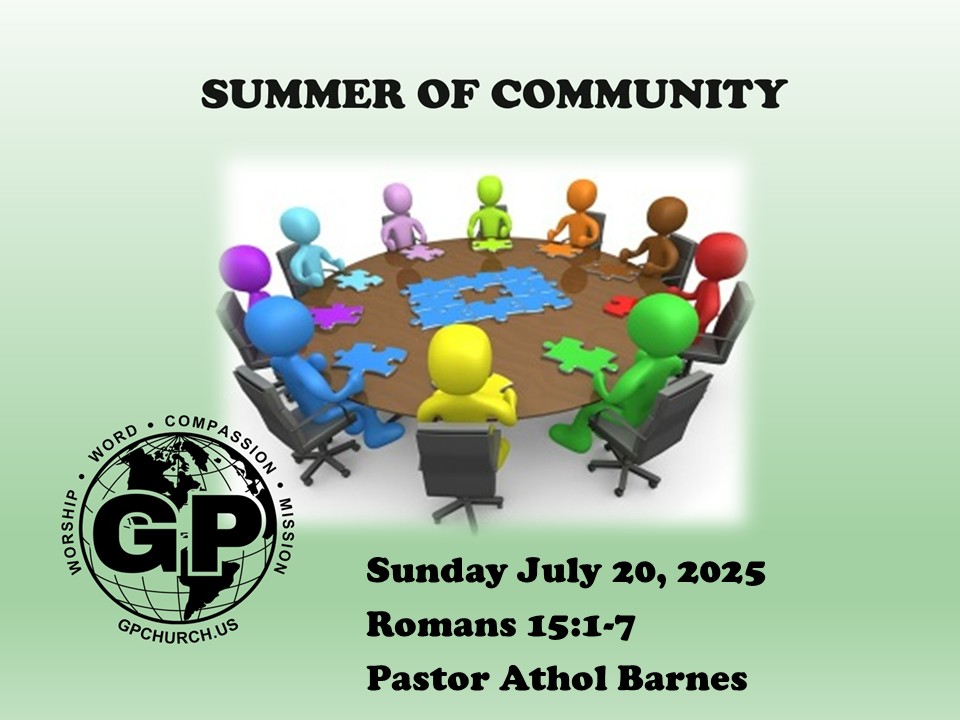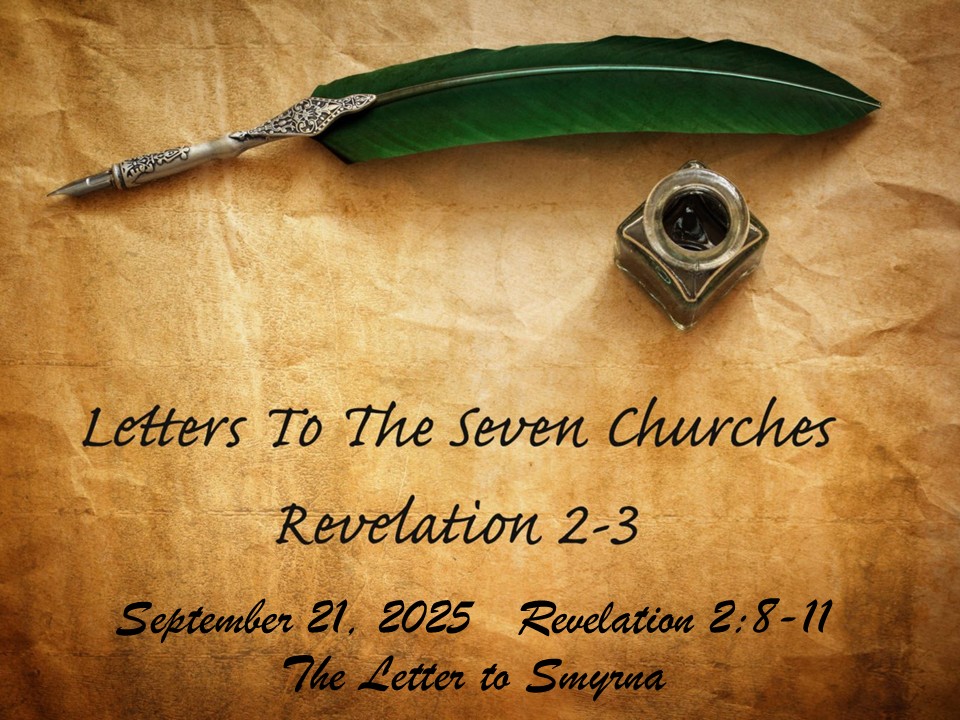
Today, more than 380 million Christians suffer high levels of persecution and discrimination for their faith. Persecution has always been a hallmark of the Christian church. Sadly, most believers in North America have very little knowledge of what is happening to our brothers and sisters around the world.
Over the last year, we have sent out a couple and a family to two different countries, both of which are listed as a place where it is dangerous to share the Gospel. These are our family members, and they have gone to the hard places of the world to share the incredibly Good News.
Persecution has always been the refining fire of the church. By God’s grace, the American church might soon experience persecution, it might be just what we need.
In Revelation 2, Jesus wrote a letter to the church in Smyrna. Today this city is called Izmir in Western Turkey.
The name Smyrna means “bitter”, related to the word myrrh, which is an aromatic resin which comes from a thorn tree. For the aroma to be released, the branches need to be crushed. Such a significant picture for the persecuted church.
Smyrna was an important center of the Roman imperial cult, and anyone refusing to acknowledge Caesar as Lord would be excluded from business. This would mean unemployment and abject poverty.
You are Seen
Jesus begins in verse 9 with the words, “I know your tribulation…”
This is a promise that is echoed throughout the scriptures. Our God sees. There is no pain, suffering or persecution that God does not see and that He will not make right, either in this world or the next. Jesus does not simply look down on us disconnected from our suffering, he intercedes for us, and one day will return to bring everlasting justice.
Revelation 2:9, “I know your tribulation and your poverty (but you are rich) and the slanderof those who say that they are Jews and are not but are a synagogue of Satan.”
Jesus recognized their poverty, but he said that they are rich. When we grasp that we are part of the Kingdom of heaven and the incredible promises of Jesus, we will begin to understand the riches that we have. Riches that far exceed the world of bank accounts, houses, cars and other temporal things (see 2 Corinthians 8:9).
Not only were the Christians in Smyrna poor, but they were also being slandered. The Greek word used for slander here, is better translated as blasphemy. Jesus said, that when people slander the church, they are slandering him. Blasphemy is to disrespect God. Jesus takes slander of the church very seriously.
Jesus called these slanderers, the “synagogue of Satan”. These were Jews who did not believe in Jesus as the Son of God. These unbelieving Jews were being used by Satan to persecute the Church.
Most of the persecution the early church faced came from the Jewish community. Even most of the Roman persecution was an effort to appease the Jewish authorities
What a comfort to know that when we are slandered for being a follower of Jesus, we don’t have to defend ourselves or try to argue back, rather, we can rest in the knowledge that Jesus is our defender. As we are reminded in Ephesians 6, our struggle is not against flesh and blood. Satan uses people to accomplish his purposes.
Do not Fear
Jesus continued in verse 10, “Do not fear what you are about to suffer. Behold, the devil is about to throw some of you into prison, that you may be tested, and for ten days you will have tribulation. Be faithful unto death, and I will give you the crown of life.”
The suffering was about to get worse, but Jesus instructs them no to fear (see Matthew 6:31-33).
Today, anxiety disorders are the most common mental disorders worldwide. Anxiety contributes to a myriad of health problems, increased mortality, obesity, heart disease, cancer and much more. We are a fearful generation, yet we have incredible wealth, medical care, comfort and convenience all around. Satan loves to prey on our fears, feeding us with things to be afraid of, many of which will never amount to anything.
When we take our eyes off the Lord our faith weakens, fear creeps in and consumes us (see Matthew 10:28 and Psalm 56:11). The fear of the Lord always defeats the fear of man.
How big is your God?
Be Faithful
Jesus told the church in Smyrna that even though Satan was going to have some of them imprisoned, God is in control, and their tribulation was temporal.
The encouragement of Jesus to the church is to be faithful, stay standing, even unto death
It doesn’t matter what the doctor says, or your boss says, or the government may say, we can stay faithful because of the one who died and rose again for our sins. Being faithful is standing firm, trusting in the Word of God and it’s promises.
What anxious thoughts are consuming you?
The world has no shortage of things we are told to be afraid of. But today, the promise of Jesus is that if we stand firm, we have eternal life because Jesus has already won the victory.
What fear is hindering you from walking in freedom and peace?


